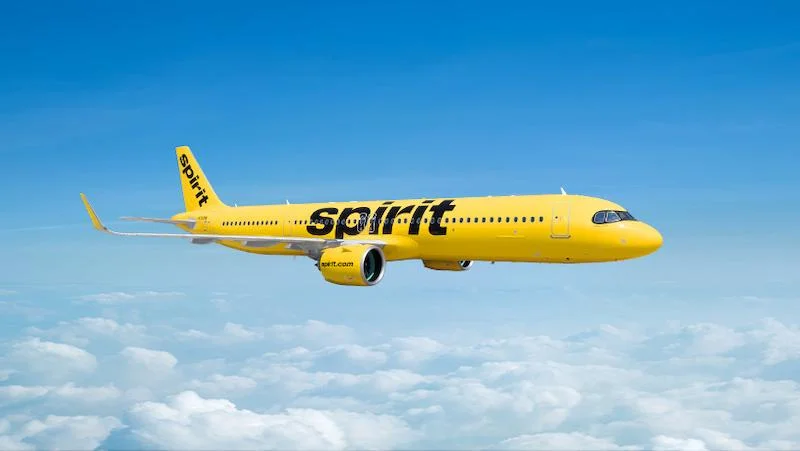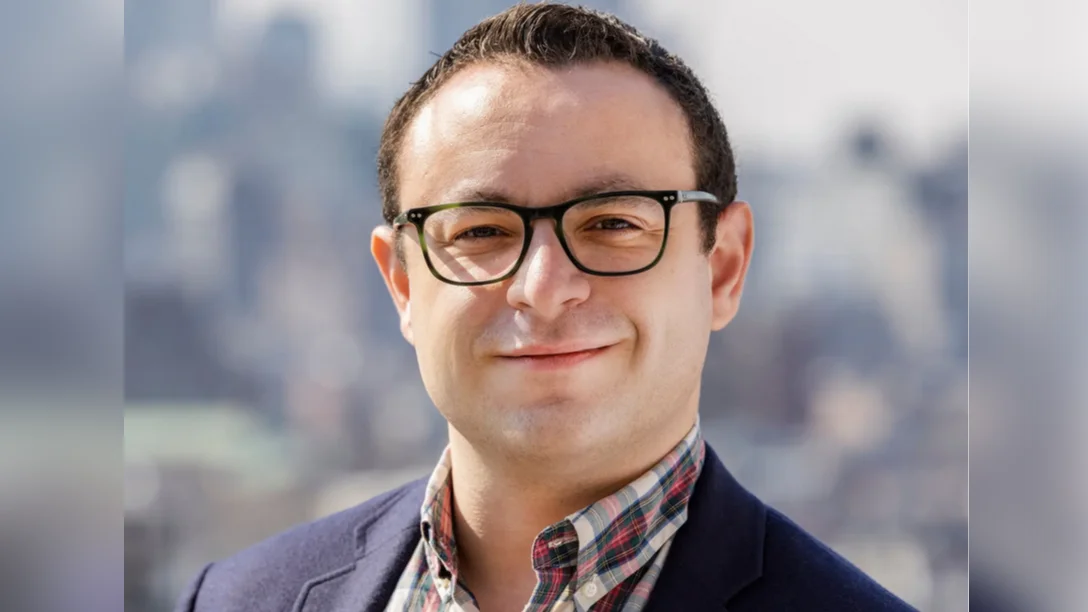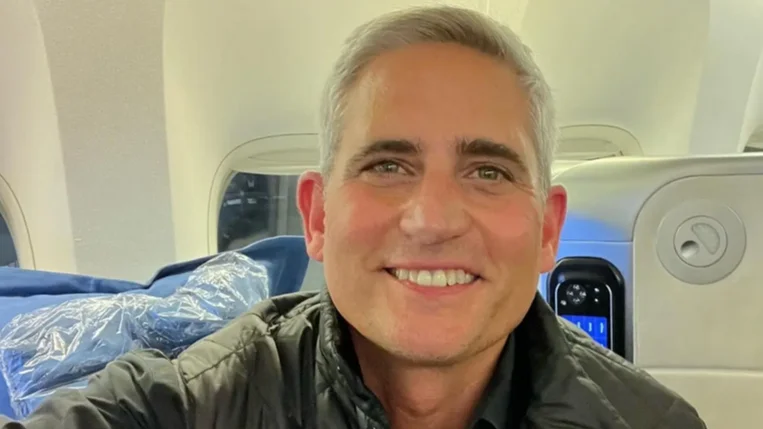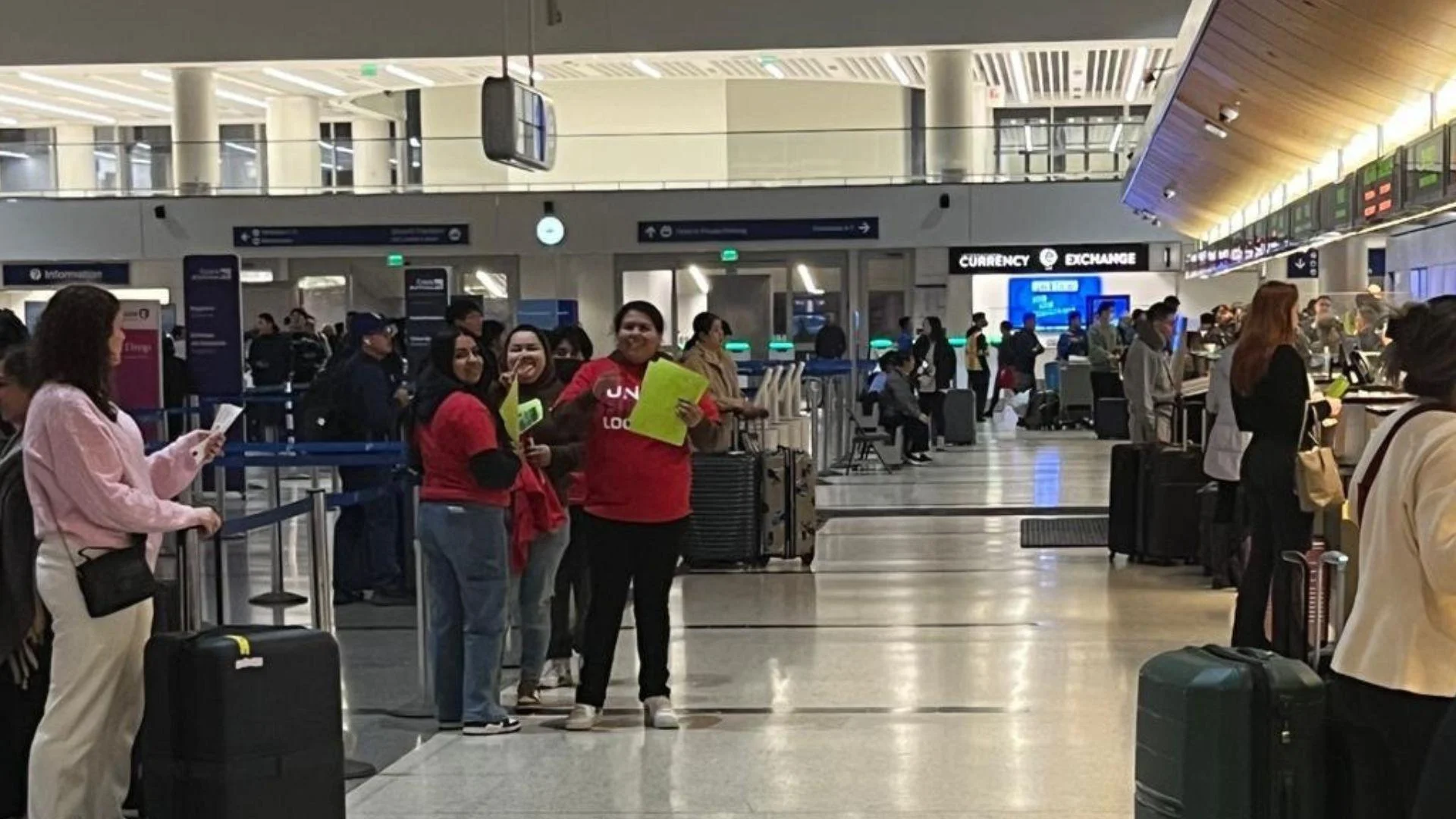1. An entry-level fare that includes a personal item and free changes.
2. 'Go Savvy,' which offers seat selection along with either a carry-on bag or checked bag.
3. 'Go Comfy,' featuring blocked middle seats for extra space (sold twice per row), Group 2 boarding, both carry-on and checked bags, plus drinks and snacks.
4. 'Go Big,' which is akin to domestic first class with the Big Front Seat, Group 1 boarding, free drinks, premium snacks, and free WiFi.
These changes will be implemented onboard starting August 27, 2024.
The introduction of these bundled fares marks a departure from Spirit's original model where the Big Front Seat was simply an oversized seat without additional perks associated with first-class services on other airlines. This new approach bundles bags and priority boarding with the Big Front Seat.
In addition to these fare changes, Spirit is also rolling out priority check-in for Go Big passengers at around 20 airports along with Free Spirit Gold elites and co-brand Free Spirit Mastercard customers.
Andrew Nocella of United Airlines commented on such shifts during United’s second-quarter earnings call: “First...airlines generally push to grow out of the problem...Then...network churn...business model changes...let’s go premium...push capacity on good days...closing schedule changes...[and] shrink.” He emphasized that changing business models often does not work quickly or easily.
Spirit's decision reflects an acknowledgment that sticking too long with one model can lead to missed opportunities. When companies face financial difficulties or changing market conditions without urgent change initiatives from leadership teams comfortable in their positions can become complacent.
As part of this strategic pivot amid rising costs—betting on higher revenue through premium offerings—the airline aims to capture long-term consumer trends toward more premium travel experiences similar strategies seen at Southwest Airlines though it remains uncertain whether this bet will pay off especially considering barriers within federal local regulatory frameworks preventing new lower-cost entrants into aviation markets filling gaps left by carriers like Spirit should they fail succeed ultimately signaling end era marked provocative marketing campaigns such as ’69’ MILF sales representing Many Islands Low Fares promotions spirit airlines previously known embracing different future ahead
 Alerts Sign-up
Alerts Sign-up




































